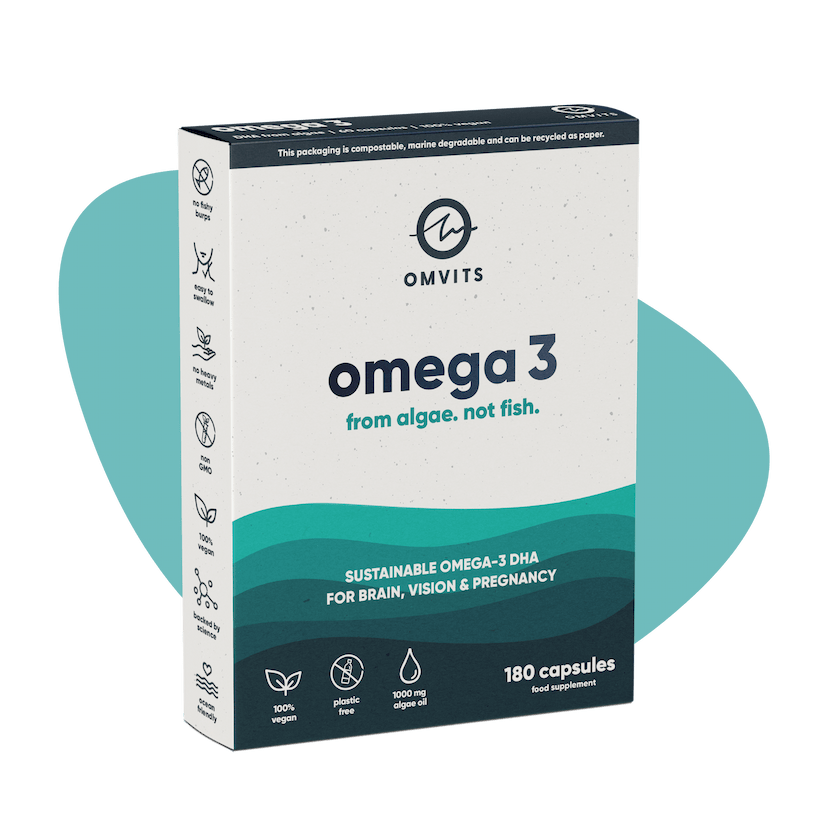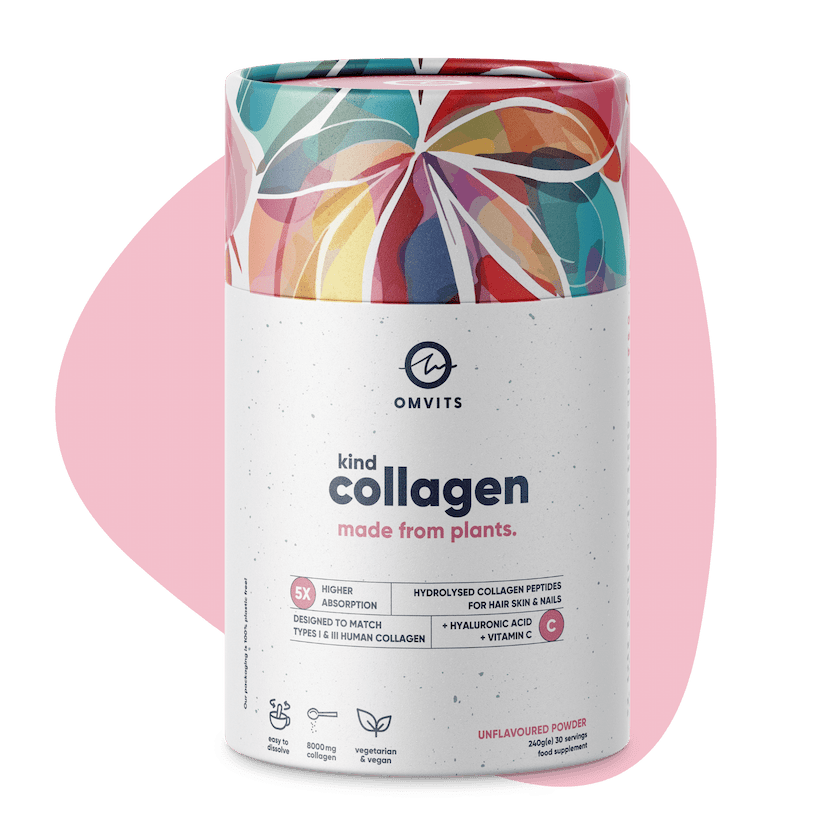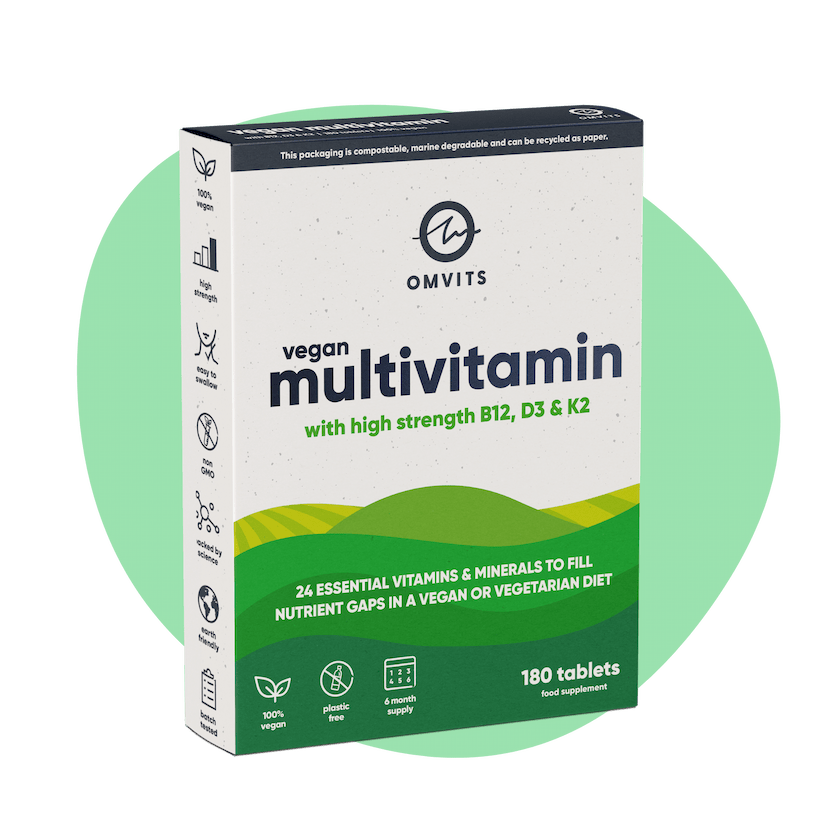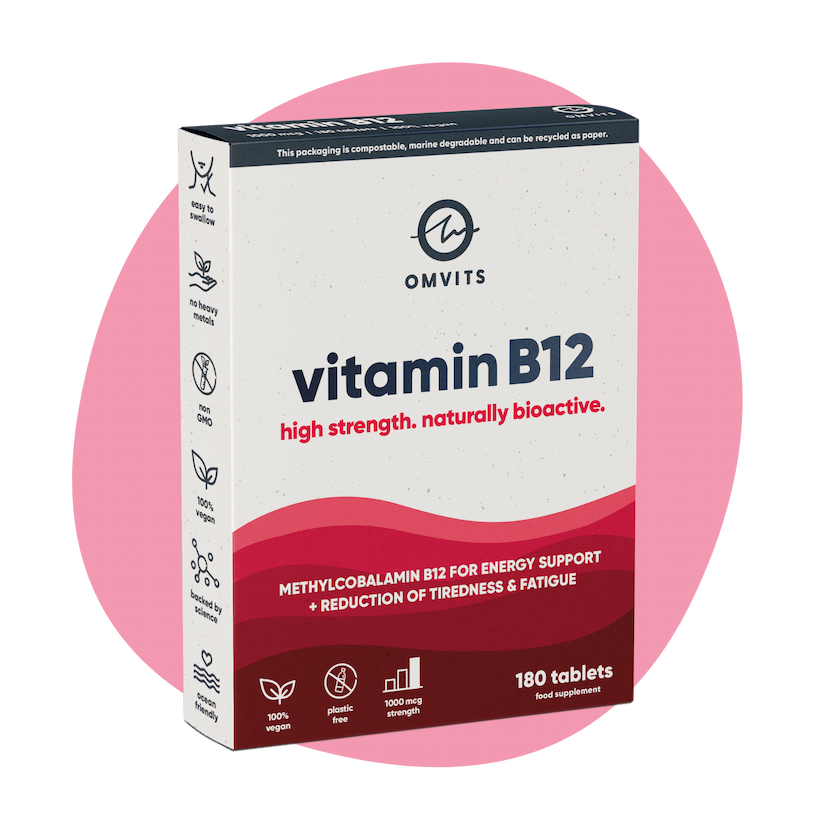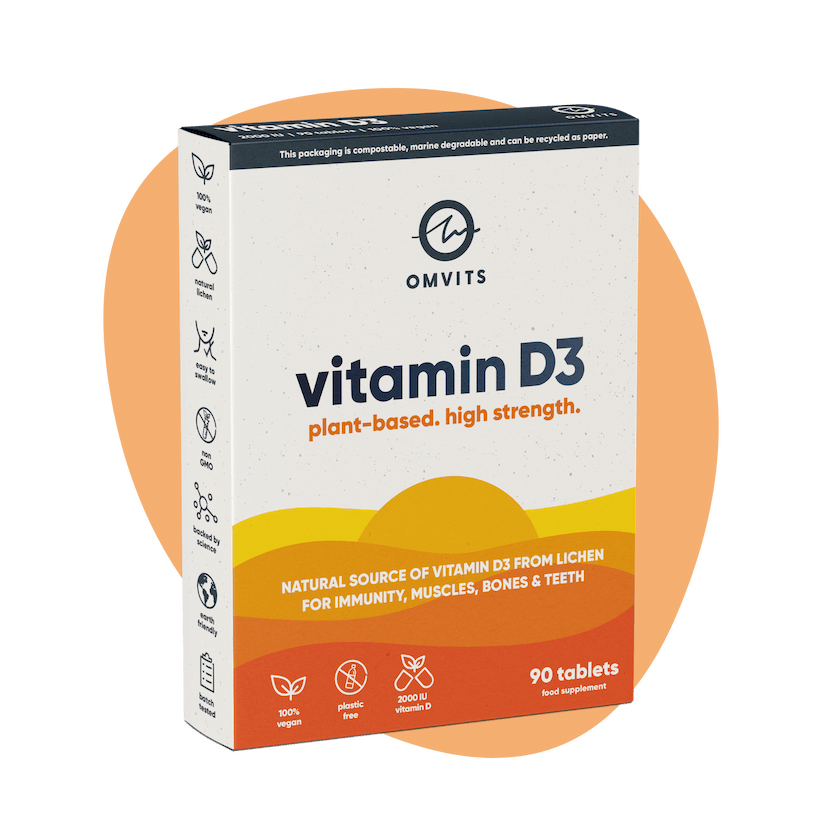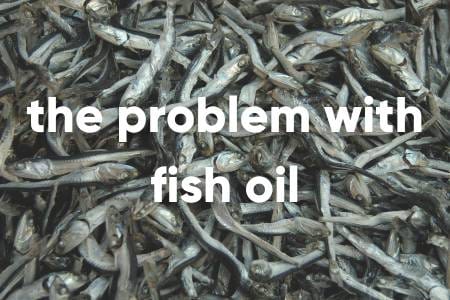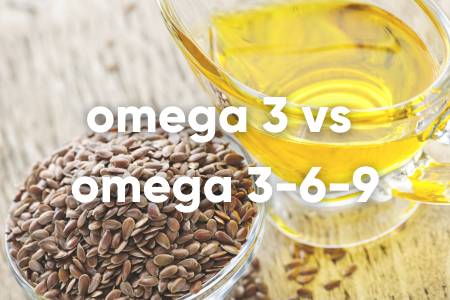At Omvits we believe that nature's resources should be used responsibly while leaving the smallest possible impact on the planet. Fish oil - which currently accounts for the majority of Omega-3 supplements available on the market - is unsustainable in the long term. The oceans simply cannot handle the growing demand for Omega-3.
You may think that only vegetarians and vegans would benefit from an alternative to fish oil, however, there are good reasons for anyone concerned about their own well-being and that of our planet to consider an alternative...
At the current rate, global fish stocks will collapse by the year 2048, which will be disastrous for all life on Earth.
Some species have already been fished to commercial extinction with many more on the verge.
Although some efforts have been made to curb overfishing, there are still huge concerns about the future of our oceans.
An estimated 300,000 whales, dolphins and porpoises die in fishing nets every year.
In order to meet the world's demand for cheap fish oil, fisheries often try to cut costs by using destructive fishing practices such as bottom-trawling to maximise profitability.
Any "non-target" species caught in the nets, which are not profitable are thrown back in the sea to die.
The oil for fish oil supplements is typically extracted from the head and meat scraps of farmed fish.
These farmed fish (such as salmon) are often fed on a diet of smaller fish caught in the wild, such as anchovies, sardines, mackerel and menhaden.
For every pound of farmed fish produced, several pounds of wild fish are required as feed. In fact, 80% of the fish taken from the ocean are used for fish farming.
This is not only hugely wasteful but also has a massive impact on wild fish stocks, and the delicate eco-systems they are taken from.
Over the past 20 years, the ocean mercury levels have risen by about 30% and are more polluted than they have ever been.
Heavy metals and contaminants are absorbed by the organisms lower in the food chain, which then accumulate in the bodies of the larger fish that prey on them.
In fact, the further up the food chain a fish is, the more toxins it will have picked up along the way.
Farmed fish (such as cod or salmon) fed on a diet of smaller fish can contain high levels of contaminants, which may find their way into your fish oil.
What about Krill Oil?
Krill oil supplements are a popular alternative to fish oil and are touted as the cleaner, more environmentally-friendly choice.
While it's true that krill oil supplements contain fewer contaminants than fish oil (as krill are lower in the food chain), they could be even worse for the health of the oceans!

What are krill?
Krill are small shrimp-like creatures that live in oceans around the world - mostly in cold water.
They feed on plankton and algae, making them high in Omega-3. In recent years there has been a growing demand for krill oil as an alternative to fish oil for Omega-3 supplements.

Where are krill found?
Krill are found in large groups throughout the world's oceans.
But Antarctic Krill are the main target for the production of krill oil. They are found in large numbers in the Antarctic and the clean waters mean that they have less exposure to harmful toxins.
This makes them a tempting target for krill-fishing companies.

Is krill oil sustainable?
A recent investigation by Greenpeace found that krill-fishing companies are becoming more active in the Antarctic, due to higher demand for krill oil.
This is bad news for penguins, whales, seals and many more species that rely on the krill for food.
If the krill disappear from these waters, so will the incredible wildlife that depends on it to survive.

